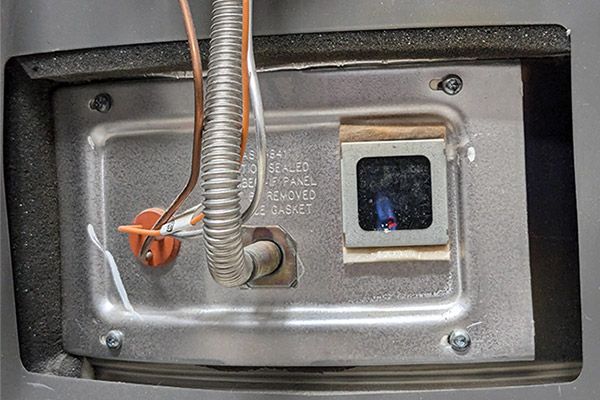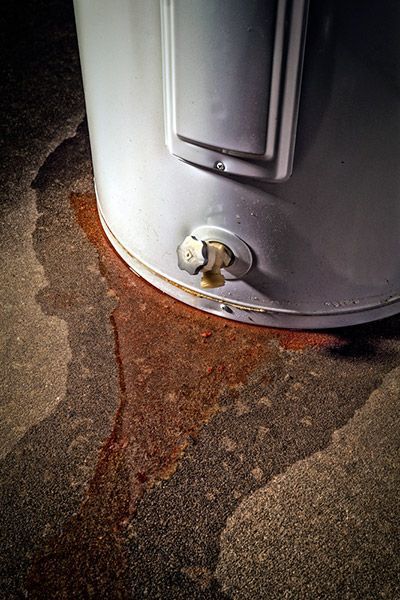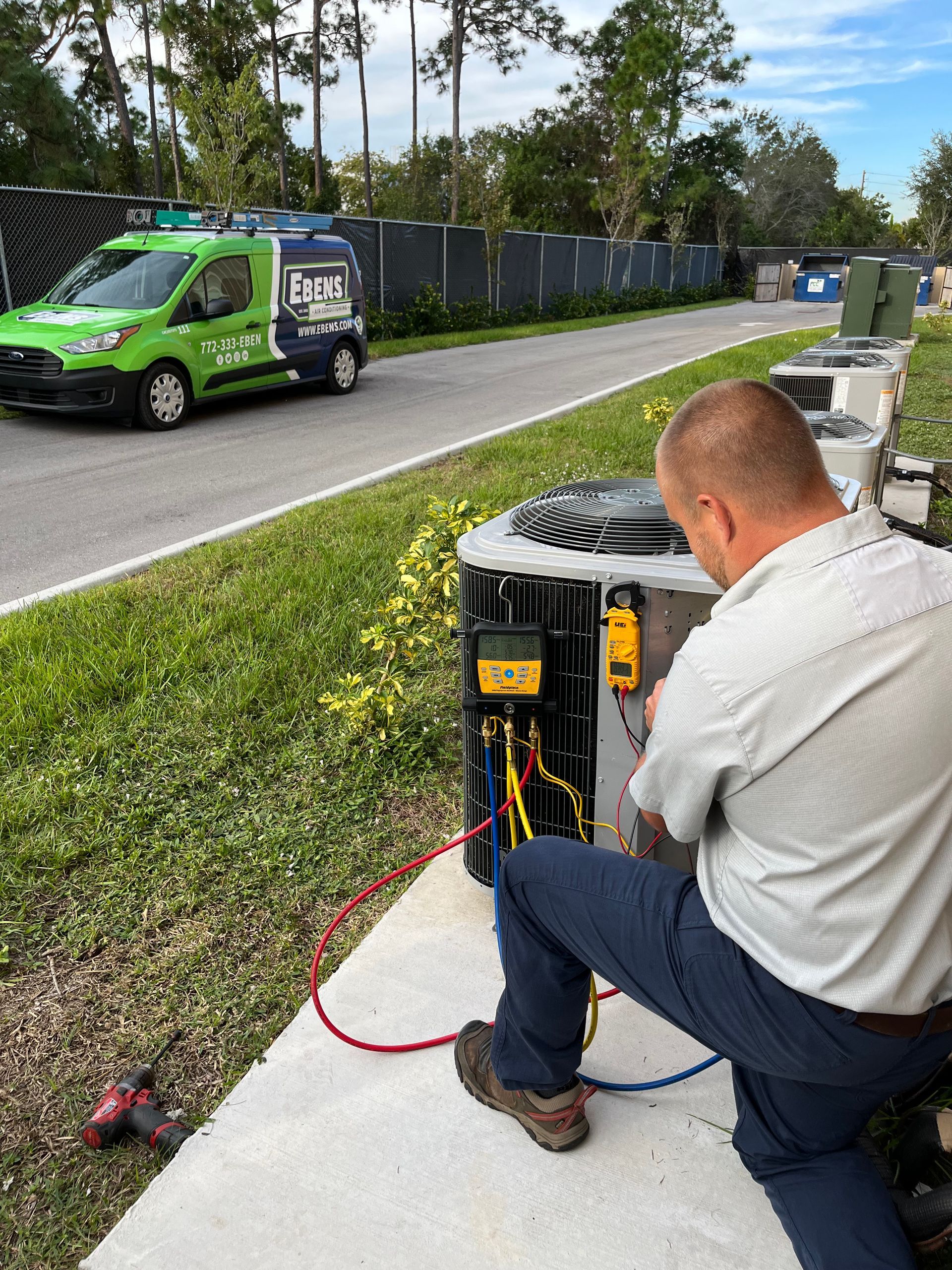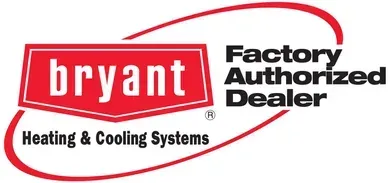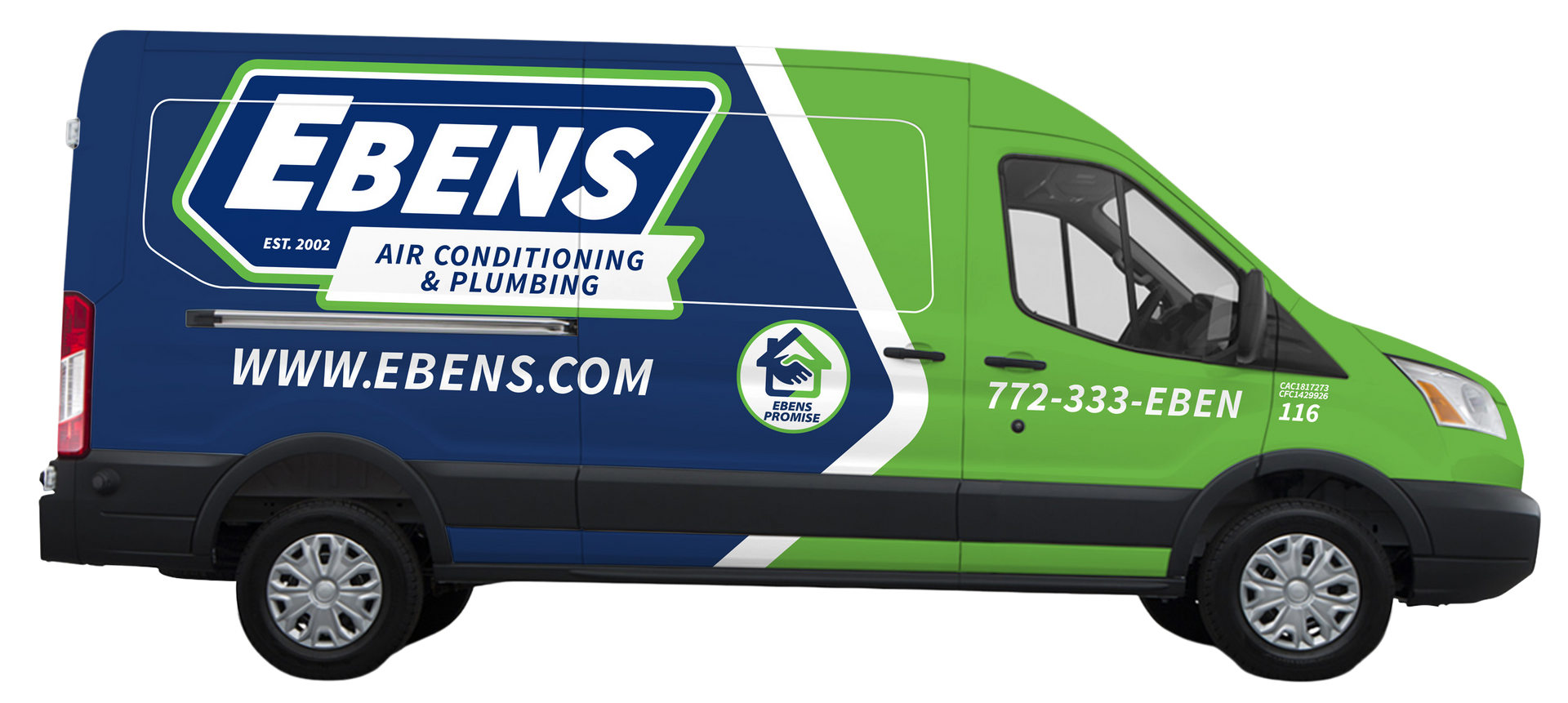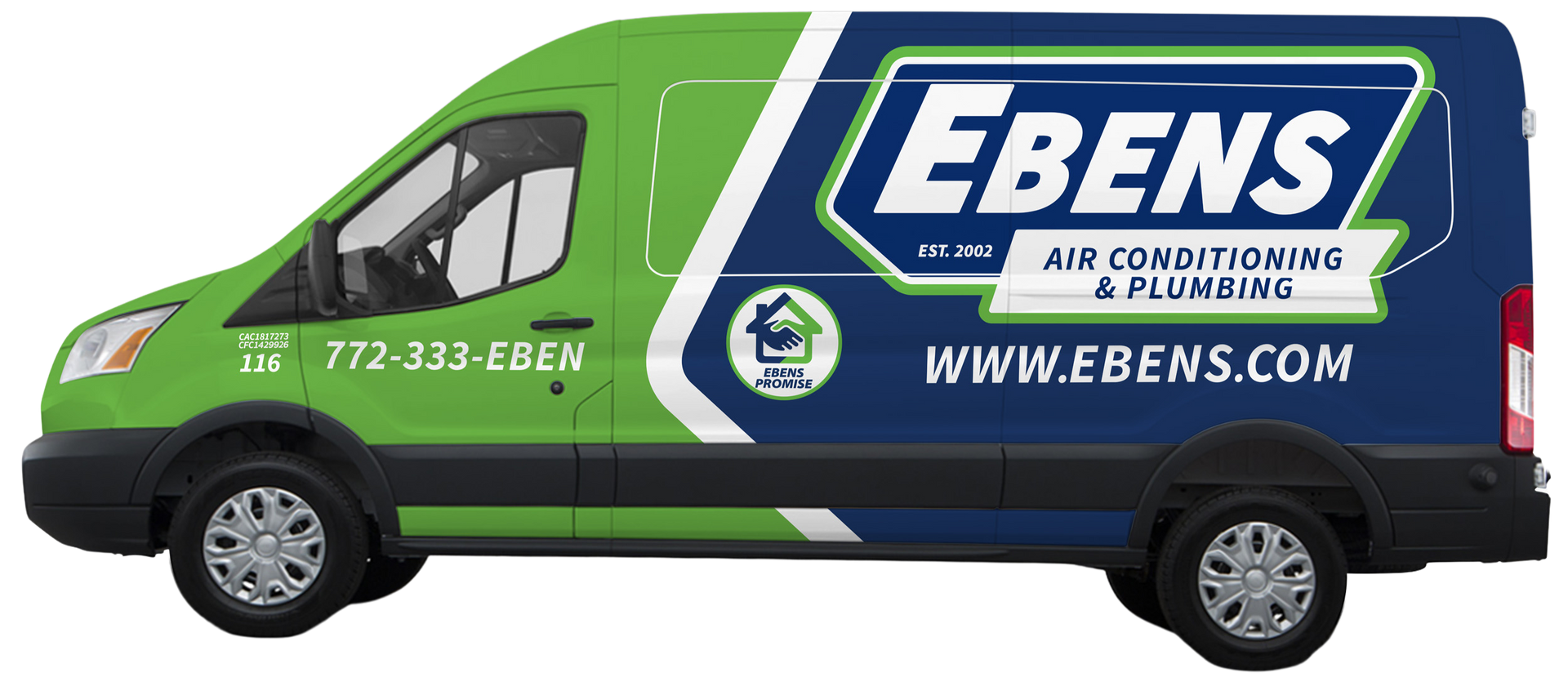Why Isn’t My Water Heater Producing Enough Hot Water? Common Reasons and Solutions
 Few things are as frustrating as running out of hot water right when you need it most—whether it’s during a morning shower, washing dishes, or doing laundry. When your water heater isn’t keeping up with your household’s hot water needs, it can be inconvenient and even disrupt your daily routine. Fortunately, there are some common reasons why your water heater might be struggling. In this guide, we’ll explore the top causes behind a lack of hot water and share practical solutions to help you get back to a steady supply of warm, comforting water in no time!
Few things are as frustrating as running out of hot water right when you need it most—whether it’s during a morning shower, washing dishes, or doing laundry. When your water heater isn’t keeping up with your household’s hot water needs, it can be inconvenient and even disrupt your daily routine. Fortunately, there are some common reasons why your water heater might be struggling. In this guide, we’ll explore the top causes behind a lack of hot water and share practical solutions to help you get back to a steady supply of warm, comforting water in no time!
1. Sediment Buildup in the Tank
As water is heated, minerals like calcium and magnesium can settle at the bottom of the tank, forming a layer of sediment. Over time, this buildup insulates the heating element from the water, reducing the amount of hot water available.
- Solution: Flushing the tank annually can help clear out sediment and improve heating efficiency.
2. Faulty Heating Elements (Electric Water Heaters)
Electric water heaters use two heating elements to heat the water – one near the top and one at the bottom. If one of these elements fails, the heater won’t be able to heat water as effectively, leading to lukewarm or insufficient hot water.
- Solution: A plumber can test and replace a faulty heating element to restore full heating power.
3. Thermostat Problems
If your thermostat is set too low or isn’t working properly, your water heater won’t reach the ideal temperature. Sometimes, adjusting the thermostat is all that’s needed!
- Solution: Set your thermostat to about 120°F. If the issue persists, consider a professional check to determine if the thermostat needs replacement.
4. Undersized Water Heater
An undersized water heater might not be able to keep up with your household’s hot water needs, especially if your household has grown or hot water demands have increased.
- Solution: Upgrading to a larger tank or considering a tankless water heater can ensure consistent hot water for larger families or high-demand homes.
5. Broken Dip Tube
The dip tube directs cold water to the bottom of the tank, where it can be heated. If it’s broken, cold water may mix with the hot water at the top, resulting in lukewarm water instead of hot.
- Solution: A plumber can replace a broken dip tube, which should restore the tank’s ability to heat water efficiently.
6. Excessive Hot Water Demand
If your household has several showers, a dishwasher, and laundry going all at once, it can quickly deplete the hot water supply, especially in a standard-sized tank.
- Solution: Try staggering hot water usage or consider upgrading to a larger or on-demand water heater if high usage is common.
7. Aging Water Heater
Water heaters generally last around 10–15 years, depending on maintenance and usage. As they age, their efficiency drops, which means they may struggle to keep up with hot water demand.
- Solution: If your water heater is over 10 years old and struggles to produce enough hot water, replacing it with a new, more efficient model may be the best solution.
Is Your Water Heater Not Meeting Your Needs? Call the Plumbing Pros at Ebens!
If you’re experiencing issues with your water heater, give us a call. Whether it’s a simple fix or time for a new water heater, a professional assessment from the expert plumbers at Ebens can save you time, money, and frustration. Give us a call, and let us help you get your hot water back up and running!
You might also like
Ebens Air Conditioning Blog
